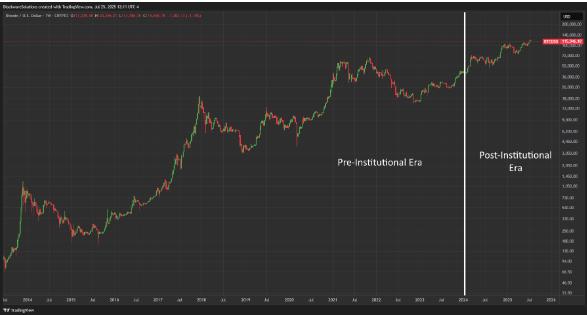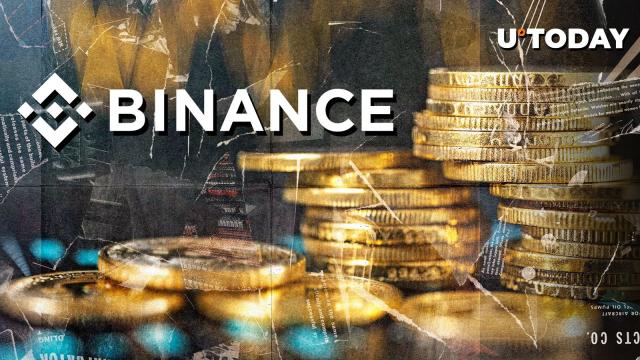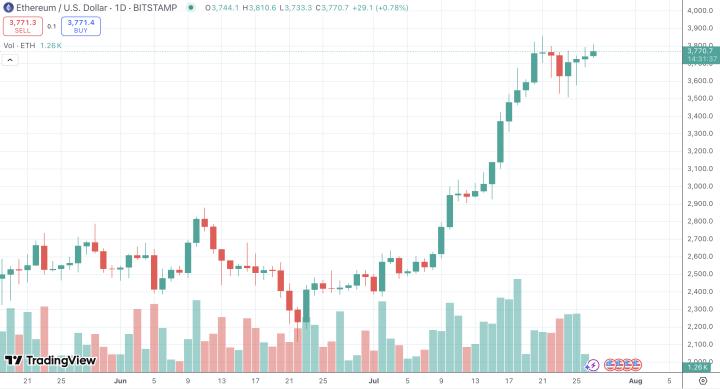The United States is taking a full-scale approach to stablecoin regulation. With the implementation of the 'Genius Act', an analysis suggests that the global influence of the US dollar could further increase.
Lee Byung-gwan, a senior researcher at the Korea Financial Research Institute, forecast in a recent report that the circulation of stablecoins, a type of cryptocurrency, will dramatically increase with the introduction of the Genius Act. He particularly predicted that cryptocurrencies with reserve assets composed of US dollars are likely to become central.
This bill was officially enacted when President Trump signed it on July 18 (local time). The Genius Act defines payment-purpose stablecoins as digital assets issued at a fixed price, requiring banks or credit unions issuing them to register with federal regulatory authorities.
More specifically, issuers must publicly disclose the redemption procedures and reserve asset holdings monthly, with reserve assets limited to relatively safe assets issued within the United States, such as cash, deposits, and government bonds maturing within 93 days. These conditions ultimately support the spread of US dollar-based stablecoins.
The senior researcher explained that "with the full-scale circulation of cryptocurrencies backed by the US dollar, opportunities have opened up for not only individual investors but also institutions and major banks to participate".
However, there are indications that Tether (USDT), the top stablecoin in the industry, may not be approved in the United States because its reserve assets include non-traditional assets such as metals and Bitcoin.
The report additionally noted that the activation of stablecoins could lead to an expansion of demand and supply for blockchain-based financial services.
Real-time news...Go to Token Post Telegram
<Copyright ⓒ TokenPost, unauthorized reproduction and redistribution prohibited>







